Hi. My baby is eight months old and I’m breastfeeding but I still haven’t lost any weight. What am I doing wrong? What can I do?”
First of all, stay calm and keep breastfeeding. Breastfeeding does help you lose weight, and even will help you stay at a healthy weight for life, studies have found. But there’s a catch, you must breastfeed for six months to a year, and it may be 9 months to a year before you see any solid results on the scale or with your clothes sizes.
What happens is at about six months as your baby starts to get more and more calories from solids than from your milk, which cues your body to slowly begin to release the fat stores it’s been hanging on to since your pregnancy. But it’s a gradual process- at six months solid food you feed the baby will mostly pass right through her and she won’t get much nourishment from it, as you’ll probably notice when you change her diaper. But by the time baby is a year old if she’s still nursing it’ll be just a few times a day and she’ll be eating and digesting almost like a normal person. Meanwhile the composition of your milk will gradually shift- it becomes more concentrated, lower in sugar and higher in protein. What that means is breastfeeding calorie burn without all the breastfeeding inactivity.
And there’s more good news, digesting solids will also help your almost-toddler sleep more soundly through the night, and 7-9 hours of solid sleep has been linked to healthier body weight. If you keep up breastfeeding, exercising and sleeping for two years that’s a whole 18 months of burning extra calories and shedding fat stores with a weight loss of 1-2 pounds a week, so long as you don’t increase your calories. If you have a breast pump you can keep the calorie-burning effect going by pumping extra bottles when you feed on one side.
As you approach baby’s second birthday and baby is more like a weaned toddler, starting or continuing regular exercise is an important way to keep the metabolism boost going.
When it comes to being in shape, parents need a routine just like babies and toddlers — showing up consistently is much better than tough-but-occasional workouts. The good news is you don’t need to exercise vigorously every day- you can also stay toned and active with a daily 30 minutes of moderate moving. If you’re not used to exercising regularly, just two 15-minute walks a day will improve your health.
Trying to diet while you’re breastfeeding is not a great idea- breastfeeding can make you intensely hungry and tired and you need a steady intake of calories and fluids to stave off mood swings and heal from birth. And who has time to be counting calories? A simple way to cover most of your dietary bases is to make sure you get your recommended 28 grams of fiber a day and to sip water throughout the day. Getting enough fluids, having a big bowl of oatmeal for breakfast and beans, nuts, salads and fruit will make you feel too full to eat much else!
Like this article? Check out Great Expectations: Baby’s First Year, available and Barnes & Noble stores and online now!
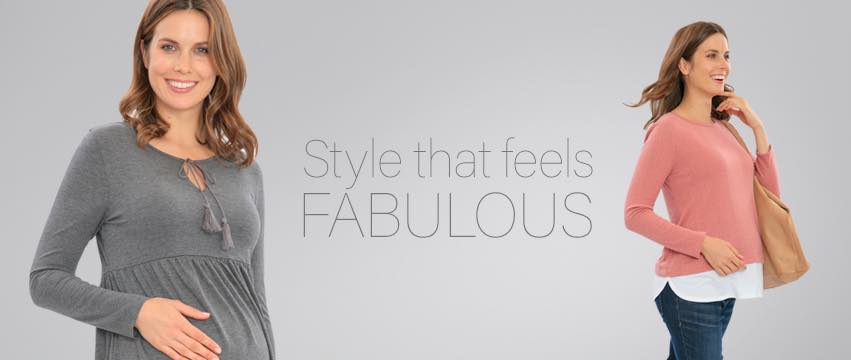
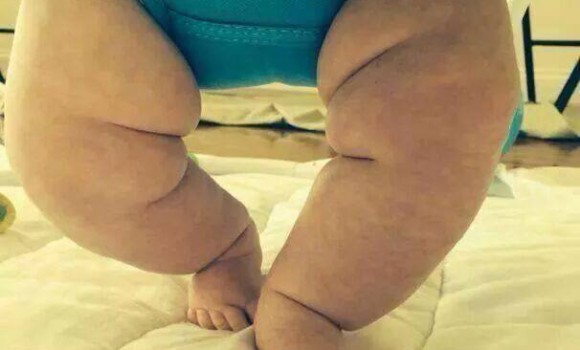
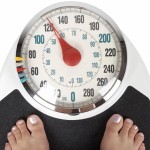

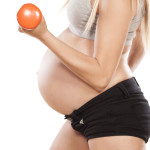
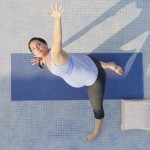
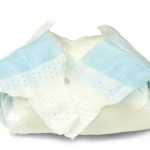
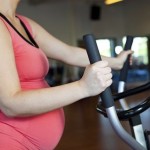
Bernie says
May 25, 2013 at 11:07 amWe all know that natural milk in mother’s is healthier for the newborn as it contains Lauric acid. I tried putting ice on the spot when the itching started. Otherwise, it may be taken as a nutritional supplement since it will help the body to absorb vitamins and minerals.
Sophie Morton says
December 20, 2013 at 9:58 amBreast milk is the natural food of ideal , has the irreplaceable advantages compared with other dairy products.